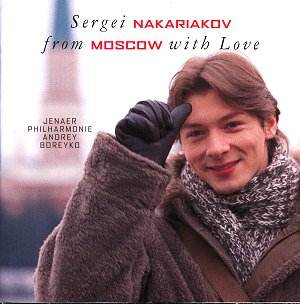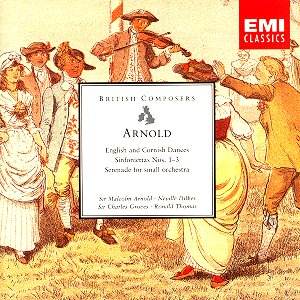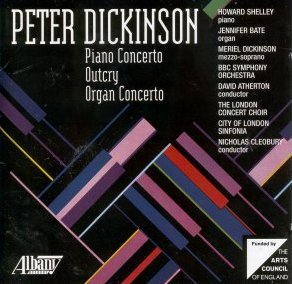 Composer: Alexander Arutiunian, Moisei Vainberg, Reinhold Glière
Composer: Alexander Arutiunian, Moisei Vainberg, Reinhold Glière
Works: Concerto for Trumpet and Orchestra (Arutiunian), Concerto for Trumpet and Orchestra Op. 94 (Vainberg), Concerto for Horn and Orchestra Op. 91 (Glière)
Performers: Sergei Nakariakov, trumpet and flügel horn; Jenaer Philharmonie/Andrey Boreyko
Recording: Volkshaus, Jena, 22-26 February 2001
Label: TELDEC CLASSICS 8573-85558-2
The recording “From Moscow with Love,” featuring Sergei Nakariakov alongside the Jenaer Philharmonie under Andrey Boreyko, presents a compelling exploration of trumpet concertos from the mid-20th century, with works by Arutiunian and Vainberg framed by a flügel horn transcription of Glière’s Horn Concerto. These pieces not only highlight the trumpet’s versatility but also reflect a distinct blend of cultural influences that characterize the rich musical tapestry of the era. The album captures a moment where Eastern European composers, influenced by their historical contexts, sought to infuse their works with both nationalistic fervor and international modernism.
Nakariakov’s interpretation of Arutiunian’s Trumpet Concerto is particularly noteworthy. Written in 1950, the concerto showcases the influences of Shostakovich and Khachaturian, yet it remains a unique work that embodies a spirit of joy and lyrical expression. Nakariakov navigates the continuous structure of the piece with fluidity, his legato lines in the slower sections are especially poignant, evoking a melodic richness that resonates deeply. The orchestral introduction, marked by a clear reference to Shostakovich, sets the tone for a work that balances technical demands with lyrical beauty. Nakariakov’s command of the trumpet allows him to seamlessly transition between the concerto’s contrasting sections, his sound warm and inviting, which elevates the work beyond mere technical display.
In contrast, Vainberg’s Concerto for Trumpet and Orchestra Op. 94 leverages Nakariakov’s technical prowess to explore a variety of trumpet techniques and textures. The three movements—Etudes, Episodes, and Fanfares—each present distinct challenges and showcase Nakariakov’s virtuosic abilities. The final movement, a playful collage of references to famous trumpet passages, including nods to Mendelssohn and Bizet, exemplifies Vainberg’s inventive spirit and his ability to weave together a rich tapestry of musical quotations. Here, Nakariakov’s deft handling of the cadenza-like passages demonstrates not only his technical facility but also his interpretative depth, as he infuses each quote with an individual flair that engages the listener.
The Glière Concerto, while providing an interesting juxtaposition, does fall short of the expressive heights achieved in the other two works. Composed in 1950, it feels somewhat anachronistic, with less compelling melodic material. Nakariakov’s performance on the flügel horn, however, is undeniably lush, and his ability to extract warmth from the instrument provides a degree of charm to the piece. Yet, one cannot help but feel that the concerto lacks the same inspiration found in Arutiunian and Vainberg’s works, making it the least engaging of the trio.
The recording quality is commendable, with a natural balance between soloist and orchestra, allowing Nakariakov’s brilliant tone to shine through without overpowering the accompaniment. The Jenaer Philharmonie, under Boreyko’s sensitive direction, provides a supportive backdrop, skillfully navigating the orchestration while ensuring that the soloist remains at the forefront. The engineering captures the nuances of Nakariakov’s playing, emphasizing both the brilliance of his high register and the depth of his lower tones.
This release ultimately serves as a testament to Nakariakov’s artistry and the richness of the trumpet repertoire in the 20th century. The combination of Arutiunian’s lyrical charm and Vainberg’s technical challenges offers a well-rounded listening experience that showcases the trumpet’s capabilities. While the Glière piece may not resonate as strongly, Nakariakov’s interpretations make “From Moscow with Love” a significant contribution to the recorded legacy of trumpet concertos. It is an album that not only entertains but also invites deeper reflection on the evolving role of the trumpet in classical music.


